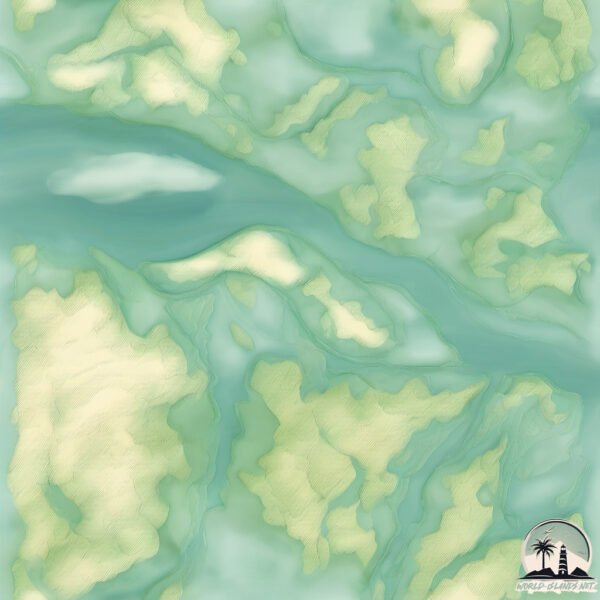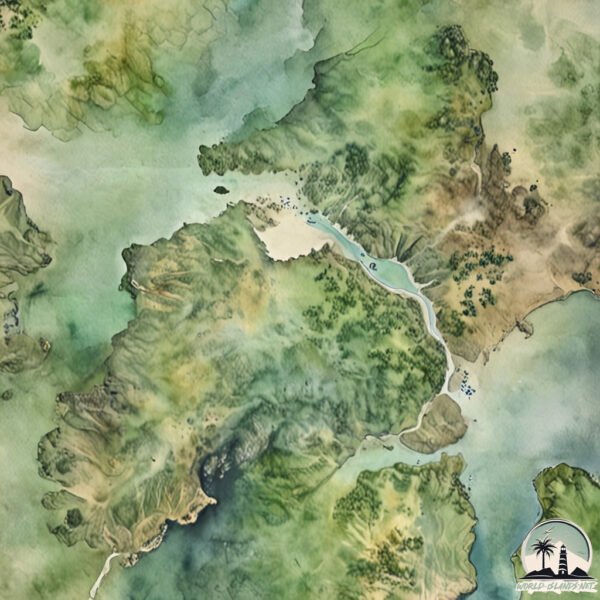Malakoda


Welcome to Malakoda, a Tropical island in the Laccadive Sea, part of the majestic Indian Ocean. This guide offers a comprehensive overview of what makes Malakoda unique – from its geography and climate to its population, infrastructure, and beyond. Dive into the details:
- Geography and Size: Explore the island’s size and location.
- Climate and Weather: Weather patterns and temperature.
- Topography and Nature: Uncover the natural wonders of the island.
- Infrastructure and Travelling: Insights on reaching, staying, and making the most of your visit.
- News and Headlines: Latest News.
Geography and size of Malakoda
Size: 1.176 km²
Coastline: 7.3 km
Ocean: Indian Ocean
Sea: Laccadive Sea
Continent: Asia
Malakoda is a Small Island spanning 1.2 km² with a coastline of 7.3 km.
Archipel: –
Tectonic Plate: India – A major tectonic plate that initially moved northward at a rapid pace before colliding with the Eurasian Plate. This collision is responsible for the uplift of the Himalayas and the Tibetan Plateau.
The geographic heart of the island is pinpointed at these coordinates:
Latitude: 14.25184968 / Longitude: 74.48982327
Climate and weather of Malakoda
Climate Zone: Tropical
Climate Details: Tropical Monsoon Climate
Temperature: Hot
Climate Characteristics: Characterized by heavy rainfall, high humidity, and uniformly high temperatures, but with a distinct short dry season. It features a seasonal reversal of prevailing wind directions.
Topography and nature of Malakoda
Timezone: UTC+05:30
Timezone places: Asia/Kolkata
Max. Elevation: 7 m
Mean Elevation: 7 m
Vegetation: Agricultural Mosaic
Tree Coverage: 79%
The mean elevation is 7 m. The highest elevation on the island reaches approximately 7 meters above sea level. The island is characterized by Plains: Flat, low-lying lands characterized by a maximum elevation of up to 200 meters. On islands, plains are typically coastal lowlands or central flat areas.
Dominating Vegetation: Agricultural Mosaic
A mix of cropland and natural vegetation, often seen in rural landscapes where agricultural fields are interspersed with patches of natural habitats. Malakoda has a tree cover of 79 %.
Vegetation: 3 vegetation zones – Moderately Diverse Island
These islands start to show a broader range of ecological niches. With three vegetation zones, they may offer a mix of ecosystems like coastal areas, inland woods, and perhaps a distinct wetland or dry area. This diversity supports a wider range of flora and fauna, making these islands more ecologically complex than those with minimal diversity.
Infrastructure and Travelling to Malakoda
Does the island have a public airport? no.
There is no public and scheduled airport on Malakoda. The nearest airport is Hubli Airport, located 140 km away.
Does the island have a major port? no.
There are no major ports on Malakoda. The closest major port is BELEKERI, approximately 55 km away.
The mean population of Malakoda is 256 per km². Malakoda is Moderately Inhabited. The island belongs to India.
Continuing your journey, Divar Island is the next notable island, situated merely km away.
India is classified as Emerging region: BRIC: Brazil, Russia, India, and China – Economies noted for their rapid growth and increasing influence on global affairs. The level of income is Lower middle income.
News – Latest Updates and Headlines from Malakoda
Stay informed with the most recent news and important headlines from Malakoda. Here’s a roundup of the latest developments.
Please note: The data used here has been primarily extracted from satellite readings. Deviations from exact values may occur, particularly regarding the height of elevations and population density. Land area and coastline measurements refer to average values at mean high tide.
